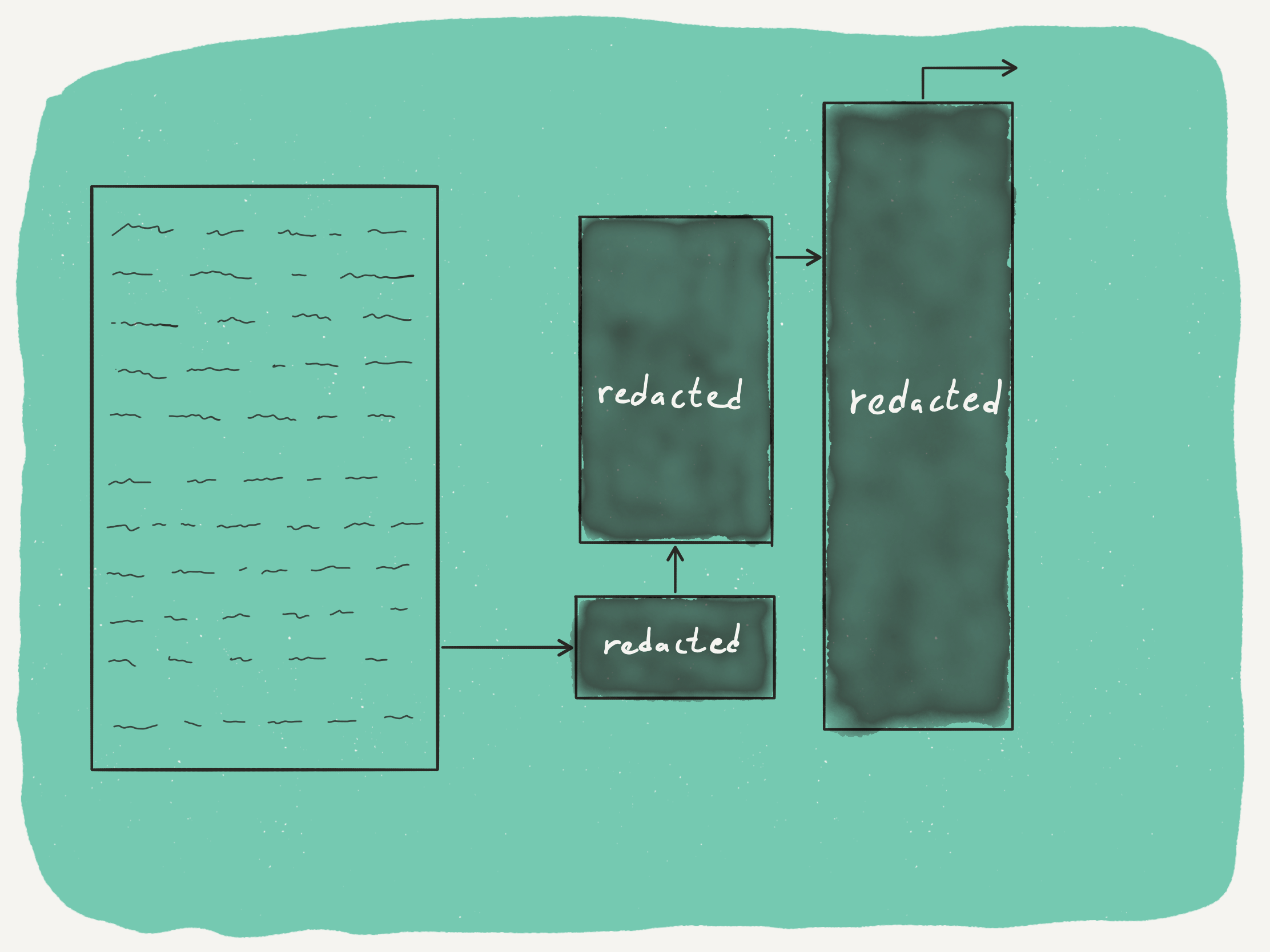Sam Altman recently appeared before Congress to discuss AI. During his appearance, he requested licensing and other regulations for AI developers like OpenAI (his company). Many engineers have mixed feelings about this request. On the one hand, AI has the potential for misuse. On the other hand, unfortunately, most technologies, from the adze to quantum computing, have a potential for abuse. And, unlike some folks, I don't see any trajectory leading from large language models (LLMs) to an apocalyptic Skynet event. Yes, ChatGPT impresses its users with language abilities, but it is still software -- math at high speeds.
Requesting regulation before we know of significant harm seems premature. This regulation feels especially vexing because AI has many potential benefits for education, software development, contract law, etc. Some might suspect that Mr. Altman wants the government to dig a regulatory moat around his business to slow his vigorous commercial and open-source competition. In any case, I think it is far too early to ask the government to censor and suppress research and product development of AI software.
Just imagine what Altman's plea would sound like if his objection was instead publishing books. Remember that books also deal in words and can contain outdated, incorrect, racist, and downright dangerous information. The Anarchist Cookbook, for instance, includes instructions to manufacture explosives and illegal drugs. Yet, the US government required no permission or license for its publication, which is still available today. Here is how I think a publisher might similarly request licensing and censorship from Congress:
Before we released OpenBOOK-4, our latest book, we spent over six months proofreading, editing, and censoring. We are proud of the progress that we made. As a result, our book is more likely to contain helpful and truthful information and lack forbidden knowledge than any competing book of similar capability. However, we think government regulatory intervention will be critical to mitigating the risks of increasingly powerful books from our competition.
For example, the US government might consider a combination of expensive licensing fees and challenging editing requirements for authoring and publishing books of more than ten pages. In my written testimony, I mentioned several other areas where I believe that companies like ours can partner with both democracies and dictatorships, including ensuring that longish books adhere to a set of safety requirements, facilitating processes to develop and update censorship measures, and examining opportunities for increasing global censorship with regulatory complexity. And as you mentioned, I think companies must be responsible here no matter what Congress does.
Today is a fabulous time to be working on books. Still, as publishing advances, we understand people feel anxious about how it could change our lives. We are too, but we believe that we can and must work together to identify and manage the potential downsides to enjoy the tremendous upsides. Significant books must be developed with democratic values in mind, meaning US censorship is critical. I believe we will be able to mitigate the risks in front of us and capitalize on this technology's potential to grow the US economy and the world. And I look forward to working with you all to censor books, and I look forward to answering your questions. Thank you.
Update: Sam Altman was appointed to a new US government Artificial Intelligence Safety and Security Board alongside the CEO of an airline, a semiconductor CEO, a mayor, a governor, and a few other folks. Imagine if the CEO of Boing was appointed to a government aircraft safety board.

